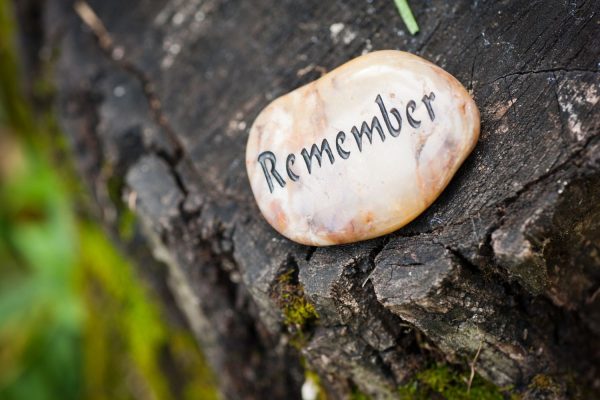And Dinah went out to see the daughters of the land—
Did you find them, our girls?
Did you dance across the desert with Naama, Liri, Daniela, Karina, and Agam?
Did you gaze at the stars with Arbel or drink a pint with Emily?
Did you laugh outside with Doron and Romi, the sun warming your arms?
Did you dance in the rain with Shiri, a makeshift mikveh blessing you both?
In that terrible moment, were you surprised that it was neither fight or flight, but freeze?
Have you screamed yet?
Have you connected with your sisters like Vashti, Tamar, and Lilith, shouting to Take Back the Night and to Bring Them Home?
Dinah, daughter of justice, what have you pursued, so that you may live?
What does your voice sound like?
Your story is not over; your life is larger than this.
We’re listening.











